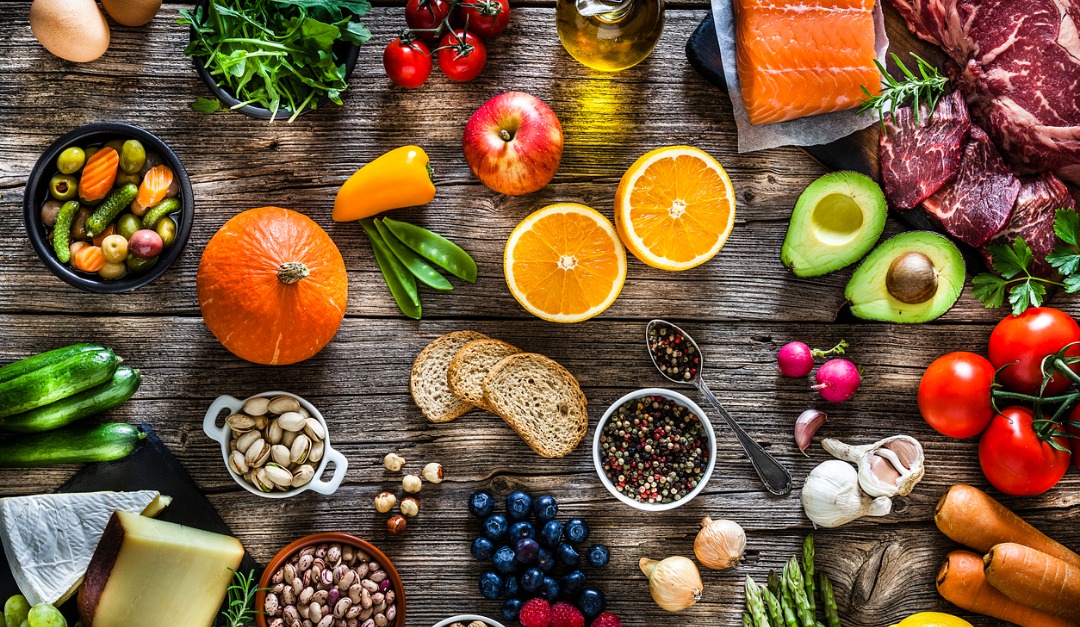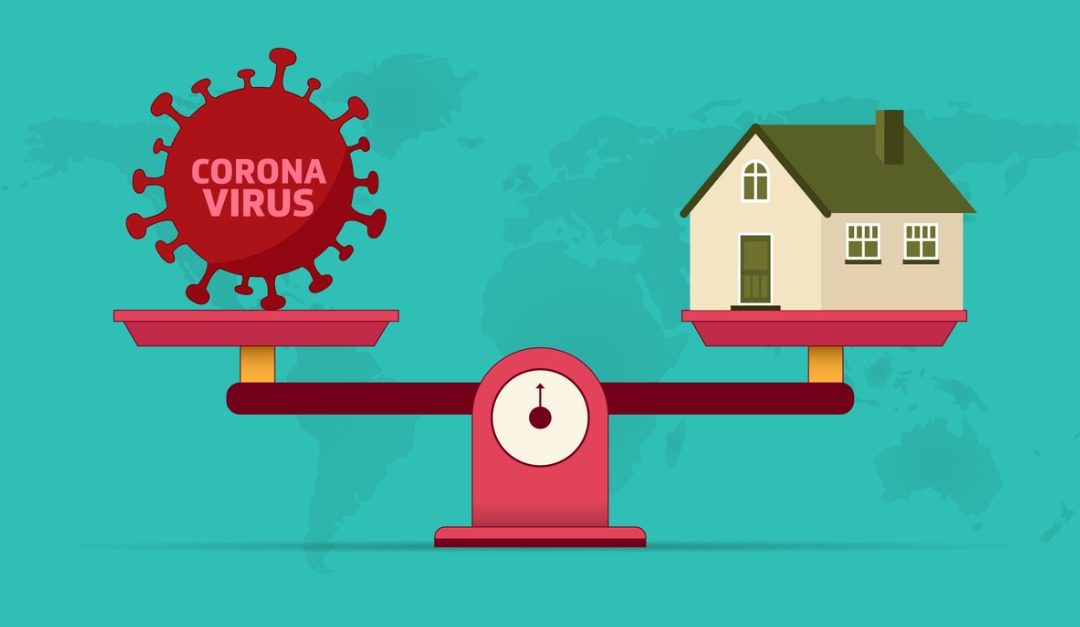A healthy immune system can reduce the risk of getting sick from the coronavirus. Eating a diet that includes a mix of essential vitamins and minerals can help you strengthen your immune system and help you avoid becoming overweight or developing other medical problems.
How Nutrition Affects the Immune System
Copper, iron, zinc, folate, selenium and vitamins A, B6, B12, C and E are important for healthy immune function. The best way to get proper nutrition is to choose a variety of healthy foods. Eat plenty of whole grains, fruits, vegetables, legumes, nuts and seeds and limit your consumption of red and processed meats, beverages with sugar, alcohol and fast food.
You can strengthen your immune system and keep it healthy by eating a mix of nutritious foods on a regular basis. Eating a specific food or simply taking a supplement won’t immediately boost your immune system and reduce your chance of contracting the coronavirus.
Some companies have offered products that they claimed, without evidence, could prevent, treat or cure COVID-19. The Food and Drug Administration has been warning companies against doing this and cautioning the public that supplements that have not been approved by the FDA could be dangerous.
How to Make Healthy Food Choices
Planning healthy meals and snacks ahead of time can help you avoid being tempted to reach for something unhealthy, simply because it’s convenient. Experiment with new recipes that include lots of fruit, vegetables and whole grains and limit servings of meat. Creating a shopping list can help you avoid making impulse purchases, such as cookies, chips and ice cream.
With people spending so much time at home, and with all the uncertainty about the future, it’s easy to overeat. People often think they are hungry when they are really just bored, stressed out or thirsty.
Try to eat at regular mealtimes and snack times. If you’re thinking about having a snack, first figure out if you are really hungry. If you are, choose a healthy snack. Thinking about whether you are truly hungry and choosing healthy meals and snacks can help you avoid becoming overweight and developing other health problems, such as diabetes and heart disease.
If you order a meal from a restaurant, make healthy choices. Remember that restaurants often serve oversized portions. Don’t overeat to finish all the food in one sitting. Save the leftovers for another meal or for a snack.
Focus on What You Put in Your Body
The foods you eat can affect your immune system, your waistline, your energy and stress levels, and your overall health. Take the time to think about what you will eat so you can make good choices instead of simply reaching for unhealthy foods. If you have questions about nutrition and how to make changes to your diet, consult your doctor.











